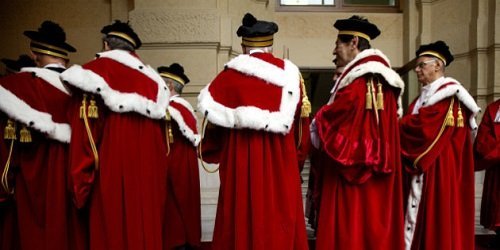
It will be up to the United Sections of the Cassation to express themselves on the merits of the extinction of the company, the succession of the universal shareholder pursuant to article 100 of the cod. proc. civ., the creditor's interest in taking action, the allegation and proof of the quality of the successor shareholder, the burden of proof on the creditor, the burden of proof on the successor shareholder (also by way of exception), the need or not for the distribution of the final assets, the presence of assets and rights not included in the liquidation balance sheet of the extinguished company.
The story features an entrepreneur, former shareholder of a company involved in an inspection carried out by the Agency at a bar managed by the company itself with amusement machines not connected to the AAMS-SOGEI network which ended with the dispute of the aforementioned irregularity.
In the appeal to the Court of Cassation, the taxpayer pleaded his lack of passive legitimacy since in 2008, the tax year subject to re-taxation, the only taxable person was the company, which had been canceled from the register of companies in 2011. On the basis of this condition, according to the appellant only the company could be sanctioned, and the notice of assessment should have motivated the extension of the liability to his person
as former sole shareholder of the extinct company.
The judge of first instance resolved the matter and rejected the appeal on the basis of the fact that the tax had been evaded in 2008, when the company had not been canceled and the sole shareholder and liquidator was aware of the evasion, since he had personally signed the report with which the lack of connection of the machines to the network was verified. Furthermore, the notice of assessment had been notified to the taxpayer not only as liquidator, but also as shareholder, with consequent joint and several liability under Article 2495 of the Italian Civil Code. civ. for corporate obligations after the extinction of the company, not having documented that from the liquidation balance sheet he had not obtained any distribution of assets. The argumentative process and the conclusions of the CTR were fully shared by the appeal judge.
The taxpayer had lodged an appeal with the Supreme Court against this decision.











